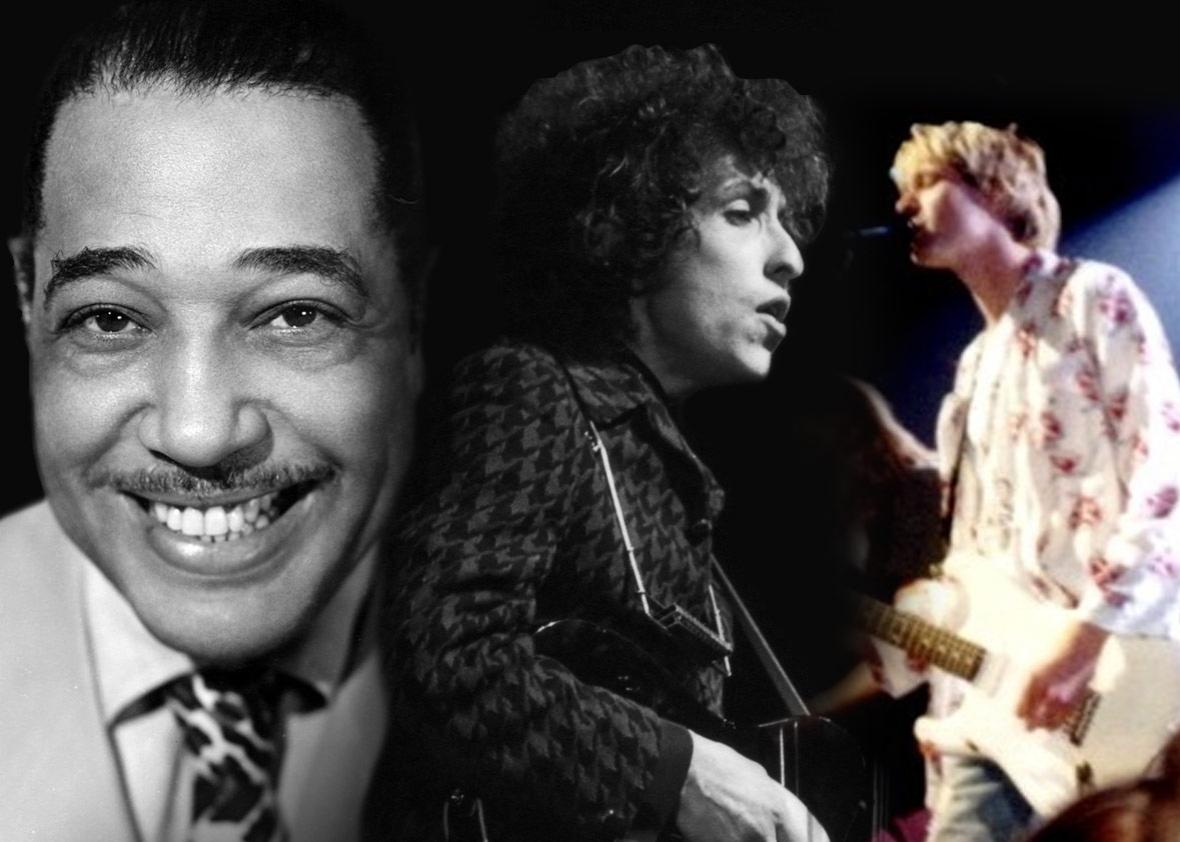The Evolution of Artists Being Called "Sellouts"
Core Concepts
The author explores the historical evolution of the term "sellout" in the music industry, tracing its roots back to political and cultural intersections, highlighting shifts in perception over time.
Abstract
The content delves into the transformation of the term "sellout" within the music industry, from a powerful accusation to a more nuanced concept. It discusses how artists navigated authenticity and commercial success while facing criticism and changing societal norms. The historical context provided sheds light on the evolving relationship between art, commerce, and values.
The Rise and Fall of the “Sellout”
Stats
Trent Reznor expressed disappointment with musicians' sponsorship deals.
The term "sellout" gained prominence in the late 1950s and early 1960s.
The usage of "sell" to mean betrayal dates back to the 10th century.
Political connotations of "sellout" emerged during the Gilded Age.
In the 1960s, radical politics influenced widespread use of "sellout."
Musicians faced challenges managing perceptions of authenticity in subsequent decades.
The stigma of selling out diminished post-Napster era.
Quotes
"When I hear Grizzly Bear in a Volkswagen commercial, it kind of bums me out." - Trent Reznor
"People panic whenever things change." - Slim Dunlap
"I don’t blame the average seventeen-year-old punk-rock kid for calling me a sellout." - Kurt Cobain
Key Insights Distilled From
by Franz Nicola... at slate.com 07-28-2017
https://slate.com/culture/2017/07/the-history-of-calling-artists-sellouts.html
Deeper Inquiries
How has technology like Napster impacted artists' views on commercialization?
The rise of technology like Napster had a significant impact on artists' views on commercialization. With the collapse of the traditional music industry model due to file-sharing platforms like Napster, artists were forced to seek alternative revenue streams. This shift led many musicians to reconsider their stance on commercial licensing and partnerships as a means of sustaining their careers financially. The need for new sources of income pushed artists towards embracing opportunities that were previously stigmatized, such as corporate sponsorships and licensing deals. As the industry landscape changed, so did artists' perspectives on the intersection of art and commerce.
What role does authenticity play in today's music industry landscape?
Authenticity continues to play a crucial role in today's music industry landscape. Audiences value genuine expression from artists and often gravitate towards those who they perceive as authentic. In an era where social media allows for direct connections between musicians and fans, authenticity has become even more important in building loyal fan bases. Artists who stay true to their unique voice and values are more likely to resonate with audiences seeking meaningful connections through music. While commercial considerations are still relevant, maintaining authenticity remains a key factor in establishing credibility and longevity in the competitive music industry.
How can artists balance financial realities with maintaining artistic integrity?
Balancing financial realities with maintaining artistic integrity is a challenge that many artists face in their careers. One approach is diversifying revenue streams by exploring avenues like commercial licensing, merchandise sales, live performances, or crowdfunding platforms like Kickstarter. By expanding income sources beyond traditional album sales or streaming royalties, artists can mitigate financial pressures while staying true to their creative vision.
Additionally, strategic partnerships with brands or companies that align with an artist's values can provide financial support without compromising artistic integrity. Transparency about these collaborations with fans can help maintain trust and credibility within the artist-fan relationship.
Ultimately, finding a balance between financial stability and artistic integrity requires thoughtful decision-making and clear communication with stakeholders involved in an artist's career journey.
0
